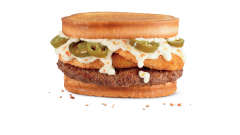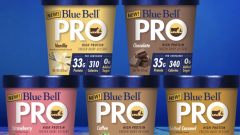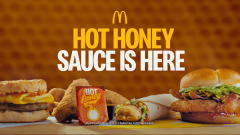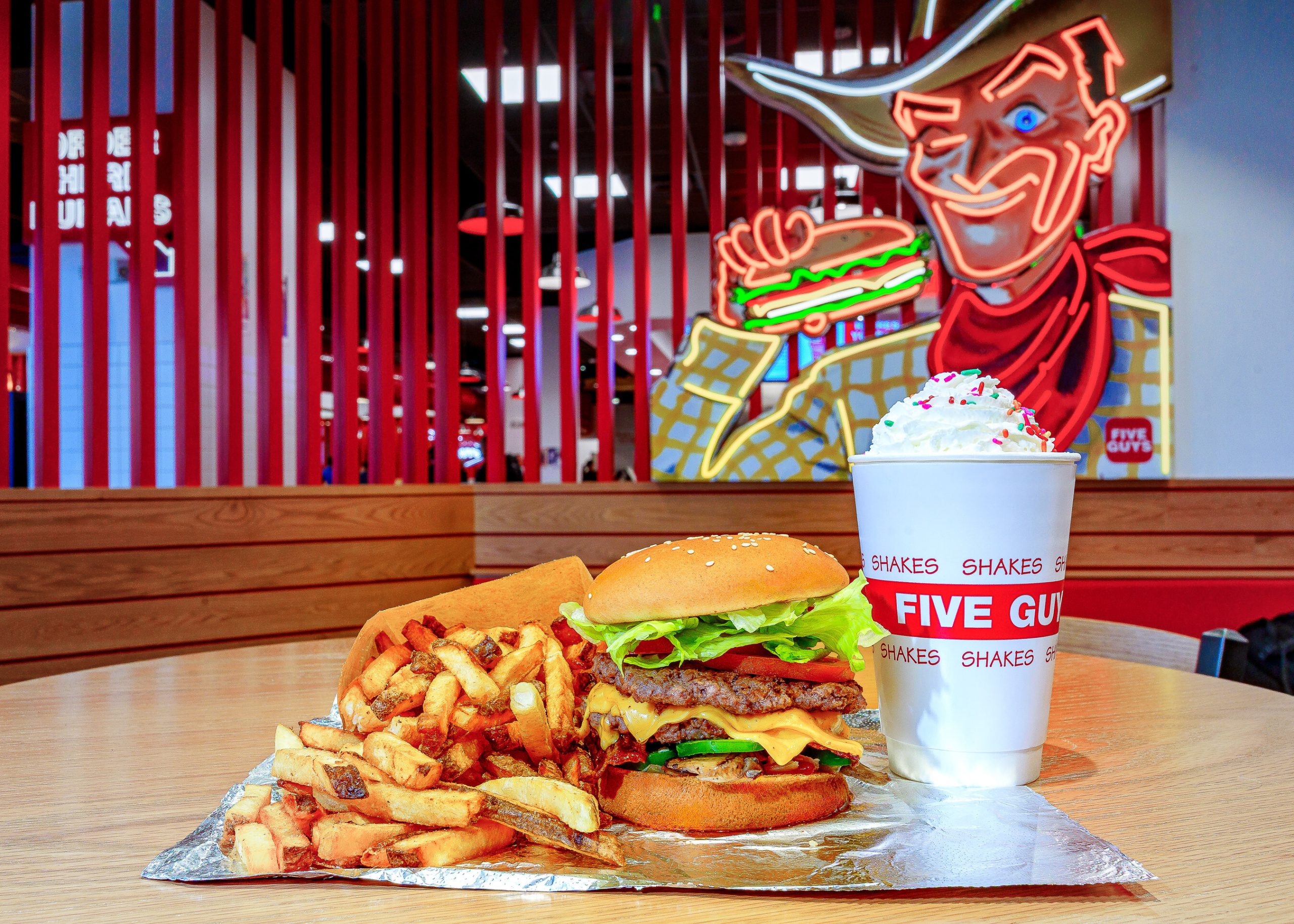Chipotle Just Settled for $6.5 Million Over Non-GMO Claims
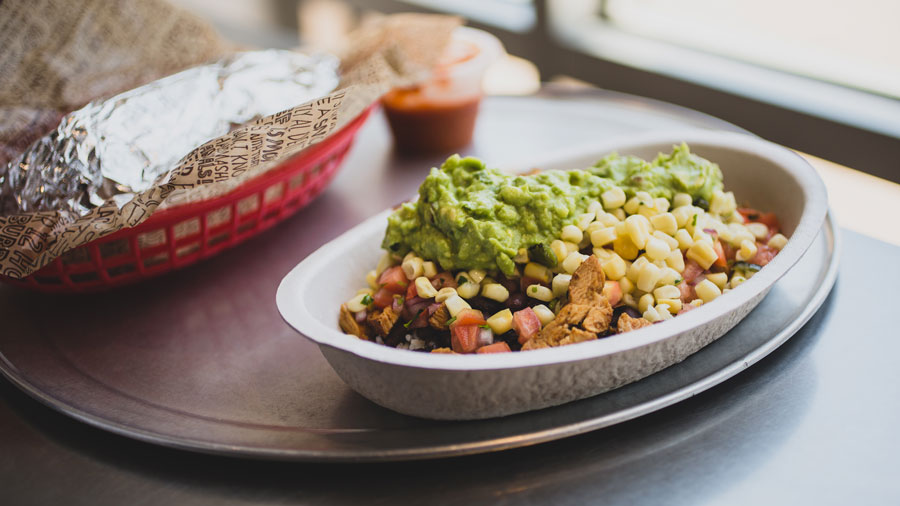
Genetically engineered foods, or GMOs, have long been the focus of debate in this country. While science has repeatedly found them to be safe and healthy, third party labels like “non-GMO” have gained traction amongst consumers that, thanks to a collection of fear-mongering articles and documentaries, have developed antagonistic sentiments towards a technology that could feed and save the planet.
The debate around those labels just got an intriguing new talking point, thanks to a false advertising lawsuit that targeted Chipotle over claims that its food was non-GMO.

Chipotle, who just agreed to settle the lawsuit for $6.5 million, had used “non-GMO” to describe its food in advertising campaigns. However, according to the National Law Review, genetically modified feed had been used to feed some of the animals Chipotle sourced for its meat and dairy ingredients. That violates the terms of the standard put together by The Non-GMO Project, one of the most encompassing third-party labels food manufacturers can obtain in regards to non-GMO products.
It’s appropriate to call The Non-GMO Project a third party label since it’s not any standard or method approved by the federal government. Currently, the FDA has no legally enforceable interpretation of the term “non-GMO,” and even refuses to use it in its own language. They’ve also come out with statements that say that claims of non-GMO could be misleading for other reasons, even if the main reason companies utilize them is to convey that their products are safe and healthy.
The FDA’s specific statement regarding the matter is as follows:
For example, the labeling of a bag of specific type of frozen vegetables that states that they were “not produced through modern biotechnology” could be misleading if, in addition to this statement, the labeling contains statements or vignettes that suggest or imply that, as a result of not being produced through modern biotechnology, such vegetables are safer, more nutritious, or have different attributes than other foods solely because the food was not produced using modern biotechnology.
With all of this controversy bubbling up surrounding the term, and with Chipotle paying significantly for using it in their advertising, it could potentially lead to a decrease in the amount of non-GMO claims used by the food industry. As the level of education and literacy the public gains on the safety and health of genetically engineered food increases as well, it could only be a matter of time before this third-party labeling of non-GMOs becomes moot.
As part of the aforementioned lawsuit, Chipotle will pay out refunds for anyone in the US who ate at their restaurants between April 27, 2015 and June 30, 2016. Households are eligible for up to $2 per meal for 5 meals without documentation plus another 10 with receipts and proof of purchase.













